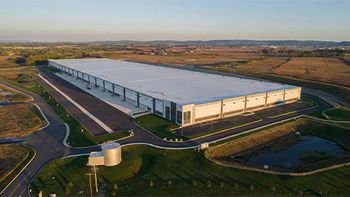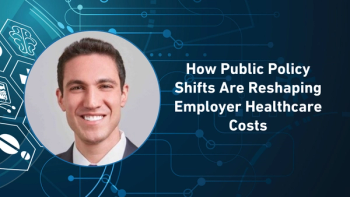
BioRx expands its outcomes-reporting service for manufacturers and providers
The Biofeedback services closes the loop on patient outcomes
A nationally based provider of infusion services for autoimmune diseases and other therapies based on specialty pharmaceuticals, BioRx (Cincinnati) has announced expansion of BioFeedback, a program of collecting and reporting data on the status of patient treatments and other information of value to physicians, case managers and payers. The program is currently focused on immunoglobulin therapy for autoimmune-related muscular disorders (myasthenia gravis, chronic neuropathies and others). Immunoglobulin (IgG) treatments are mostly generics, but John Louis, director of marketing at the firm, indicates that as the program gears up, other therapies, including ones based on branded products, will be included.
“BioFeedback offers value-added service to physicians and case managers who typically don’t have access, on a systematic basis, to the therapeutic results of immunoglobulin,” said Eric Hill, cofounder of BioRx. “Doctors may see a patient every few months and conduct some tests but, in the interim, they don’t necessarily hear how a patient is responding to each infusion, and they have no way of telling if they should be adjusting the dose, if the drug is achieving the expected results, or if they should be calling the patient back into the office. These drugs are very expensive and each patient and condition responds differently.”
In practice, BioRx manages delivery and then administration of treatments, usually with nurses engaged in home infusion services. A typical IgG therapy involves a monthly infusion. With BioFeedback, BioRx will collect both patient-reported outcomes and clinical assessments of physical disability, muscle strength, quality of life and other factors. The reports are then collected and trended, and can be reported to physicians and other involved parties.
BioRx is one of many
Newsletter
Stay ahead in the life sciences industry with Pharmaceutical Commerce, the latest news, trends, and strategies in drug distribution, commercialization, and market access.




